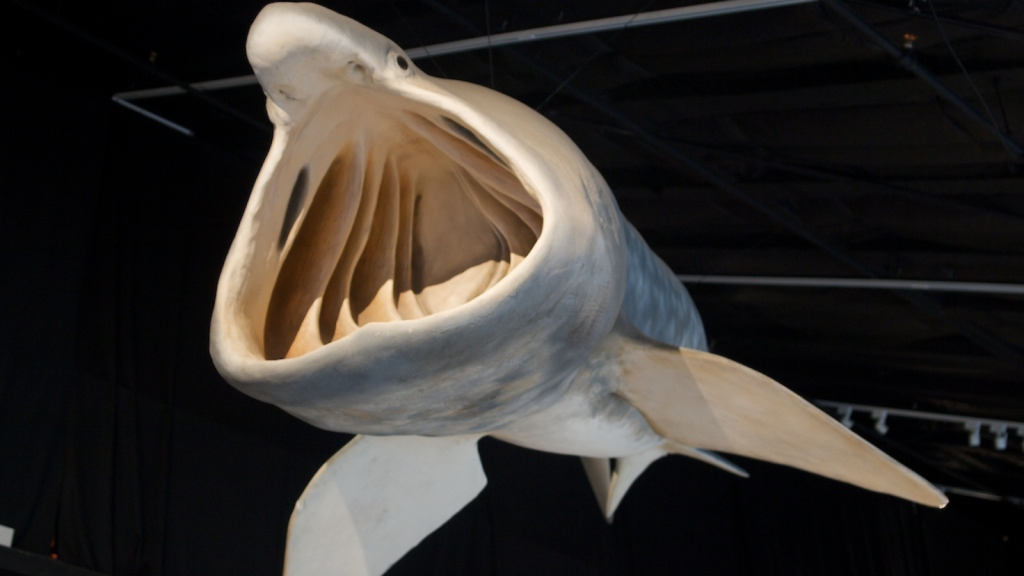Basking sharks, the gentle giants of our oceans, are a marvel of nature that never fails to captivate. These enormous fish, second only to whale sharks in size, can be found in temperate waters around the world, including the seas surrounding the British Isles. Despite their impressive size, basking sharks are harmless filter feeders, peacefully cruising through the water with their mouths agape. Their mysterious nature and unique characteristics have puzzled scientists for years, and continue to surprise us with new discoveries. Here are 15 astonishing facts about these remarkable creatures that will leave you in awe of the wonders swimming in our seas.
Gentle Giants
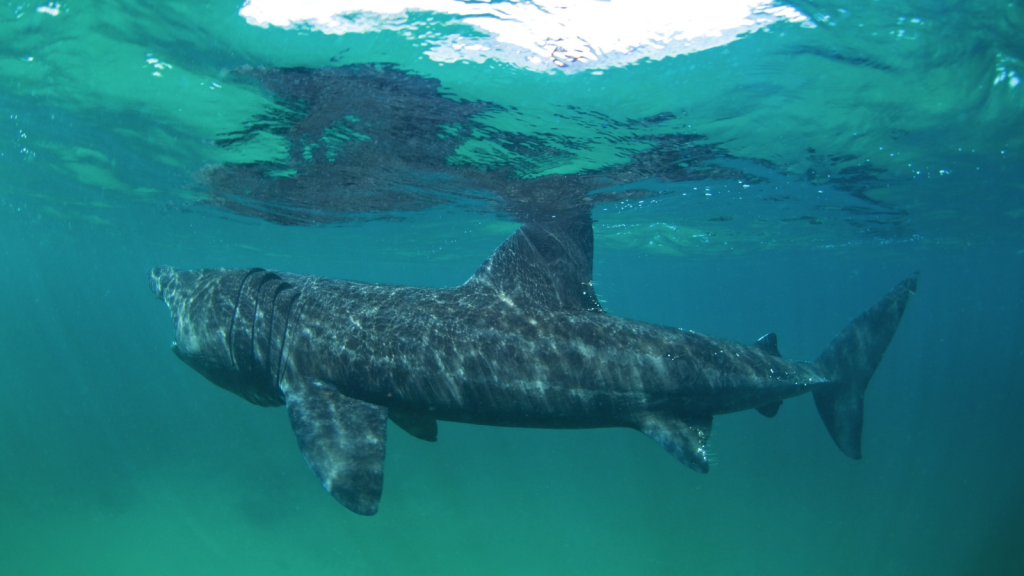
Basking sharks are the second-largest fish in the world, growing up to 12 meters long. Despite their intimidating size, they’re completely harmless to humans. These gentle giants feed exclusively on tiny plankton, which they filter from the water as they swim. Their massive mouths can open up to a meter wide, allowing them to gulp enormous quantities of water as they feed.
Enormous Appetites
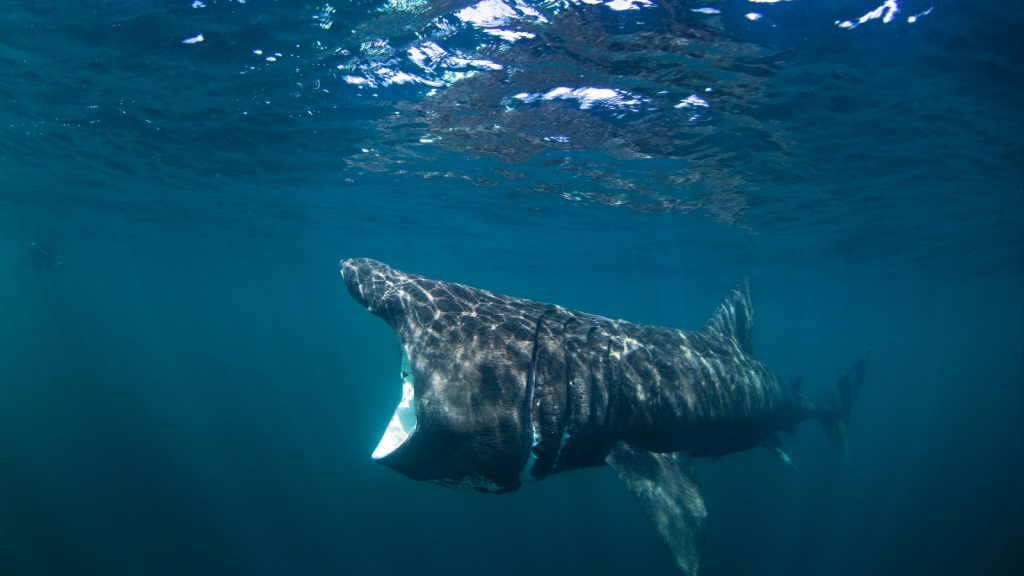
A basking shark can filter up to 2,000 cubic meters of water per hour. That’s equivalent to the volume of an Olympic-sized swimming pool! Their enormous gills act like a sieve, trapping plankton and small fish as water passes through them. During peak feeding times, a basking shark can consume up to 30 kilograms of plankton in a day.
Mysterious Migrations
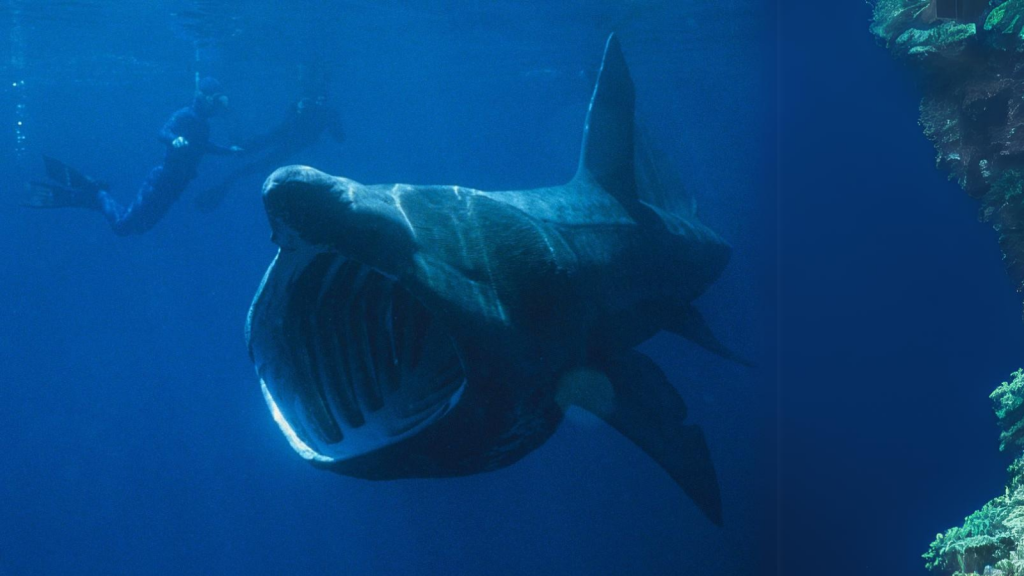
Basking sharks undertake long-distance migrations that have puzzled scientists for years. Recent studies have shown that they can travel over 9,000 kilometers in a single season, crossing ocean basins and even diving to depths of 1,000 meters. Satellite tracking has revealed that some individuals migrate from British waters to as far as Newfoundland in Canada.
Ancient Origins
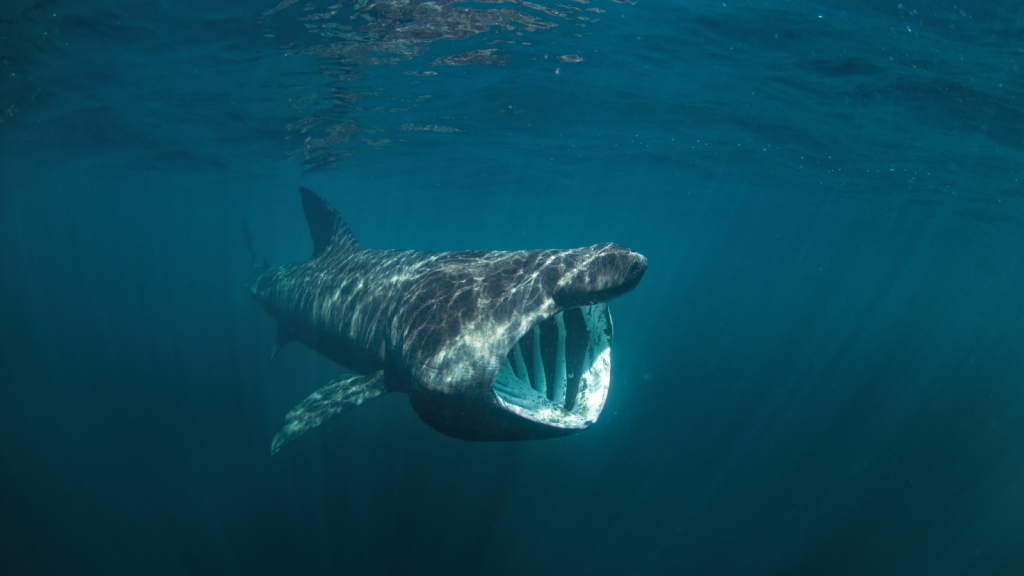
These sharks have been around for a very long time. Fossil evidence suggests that basking sharks have existed for at least 30 million years. Their ancient lineage makes them a living link to prehistoric times. Despite their long evolutionary history, basking sharks have changed relatively little over millions of years, retaining many primitive features.
Surprisingly Agile
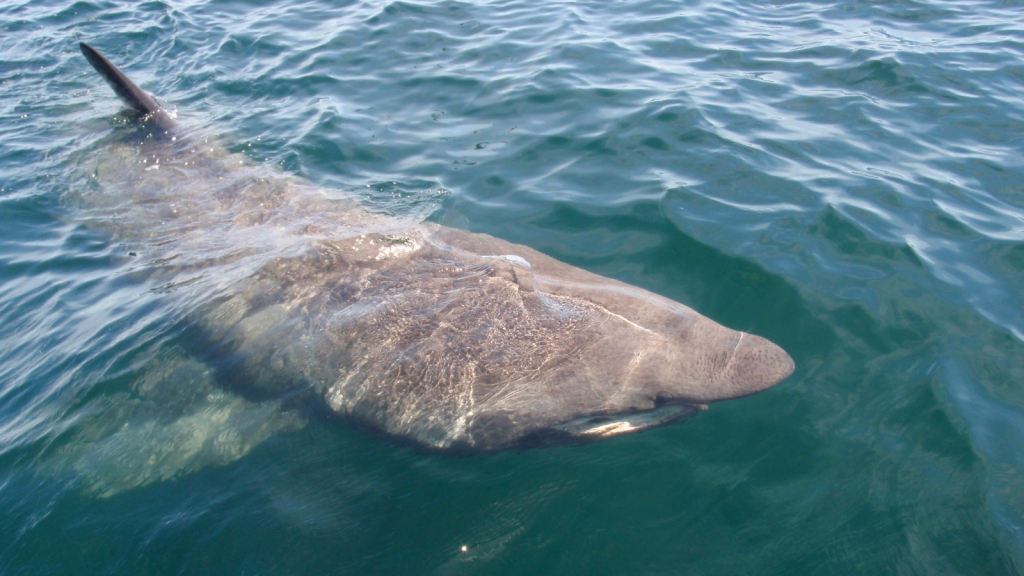
Despite their massive size, basking sharks can be surprisingly acrobatic. They’ve been observed breaching completely out of the water, similar to whales. Scientists are still unsure why they do this, but it could be to communicate, remove parasites, or simply for play. These breaches can be spectacular, with the sharks clearing the water by several meters and creating a huge splash upon re-entry.
Unique Liver
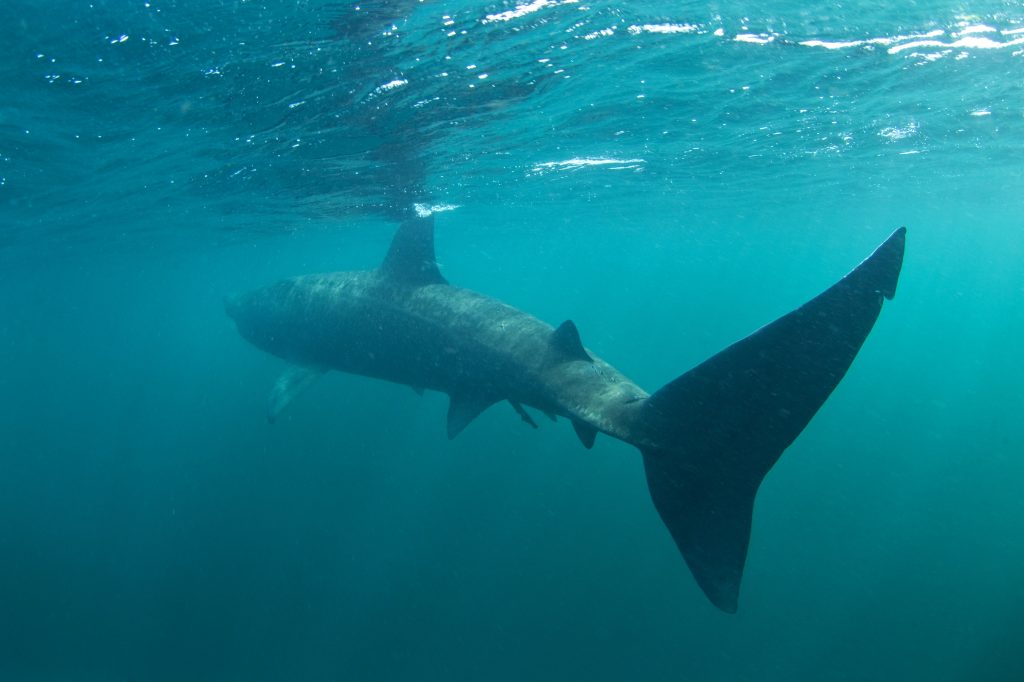
Basking sharks have an enormous liver that can account for up to 25% of their total body weight. This organ is filled with oil, which helps the shark maintain buoyancy in the water. The liver oil was once highly valued for use in lamps and machinery. In fact, a single basking shark liver can yield up to 1,500 liters of oil, which unfortunately made them a target for hunting in the past.
Seasonal Visitors
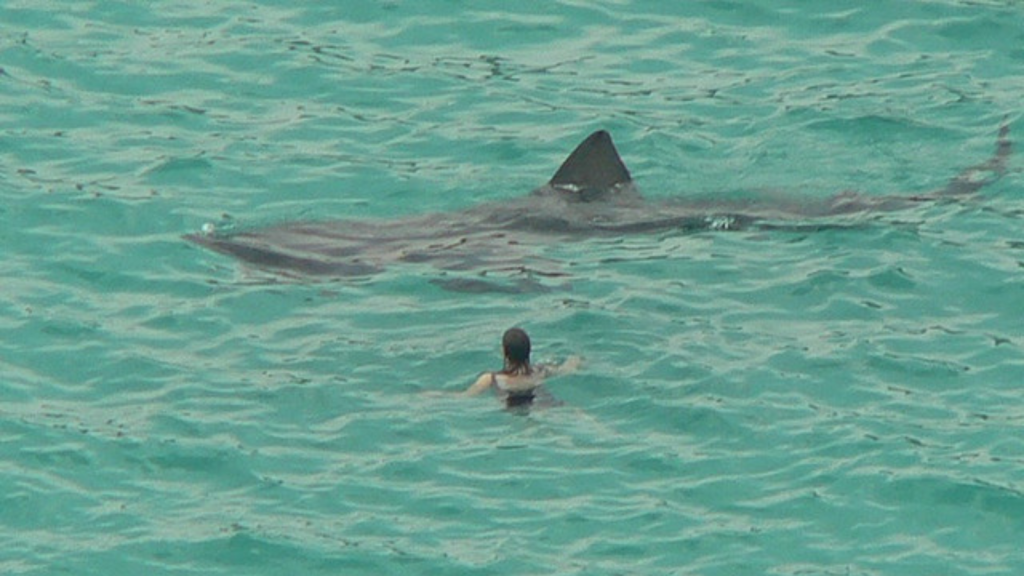
In British waters, basking sharks are most commonly seen from April to October. They’re often spotted off the coasts of Cornwall, the Isle of Man, and western Scotland. These areas are rich in plankton, providing an abundant food source for the sharks. The best time to spot basking sharks is usually in late spring and early summer when plankton blooms are at their peak.
Slow Growers
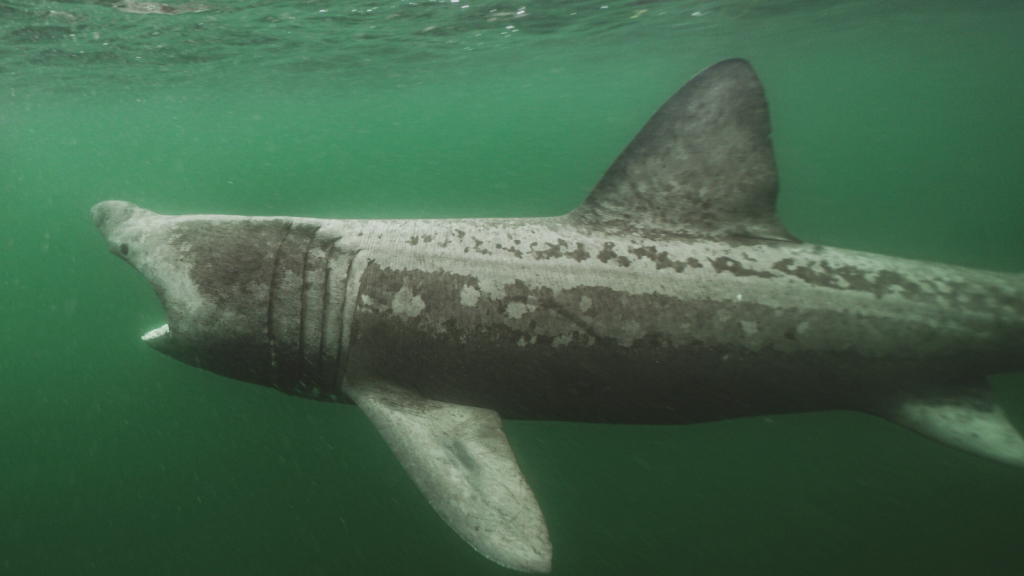
Basking sharks grow very slowly and can live for 50 years or more. They don’t reach sexual maturity until they’re around 18 years old. This slow growth rate makes them particularly vulnerable to overfishing and population decline. Female basking sharks are thought to give birth to live young after a gestation period that may last up to three years, one of the longest known for any animal.
Shape-Shifting Gills
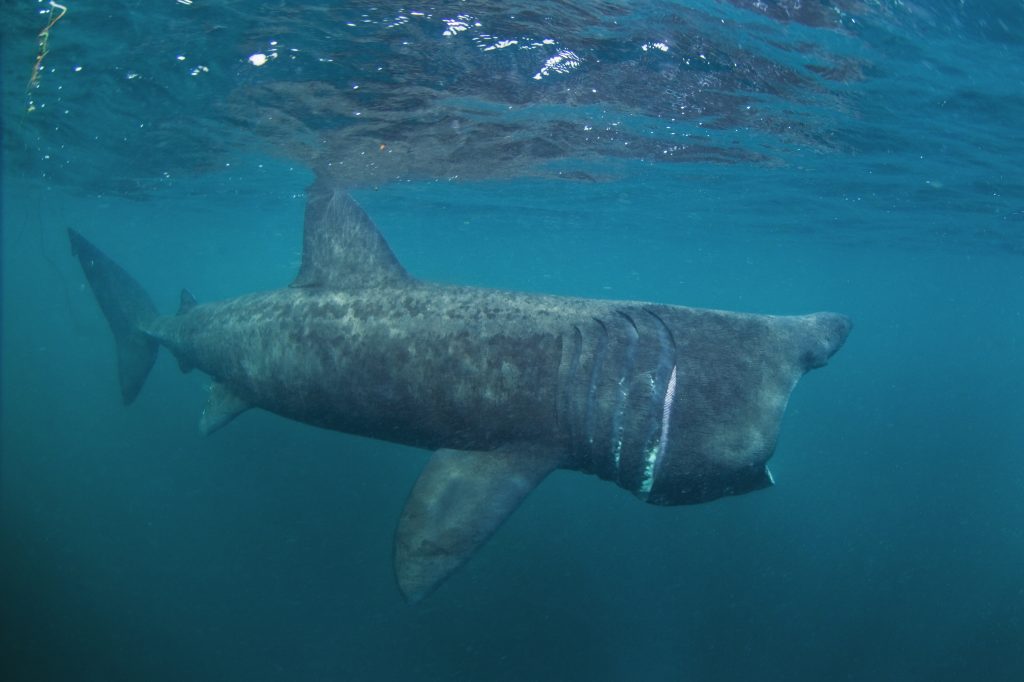
The gills of a basking shark can extend to an astonishing size when feeding. Their gill rakers, which filter out food, can measure up to a meter long. When not feeding, these structures contract, allowing the shark to swim more efficiently. This unique adaptation allows basking sharks to switch between efficient swimming and effective filter feeding as needed.
Winter Mystery
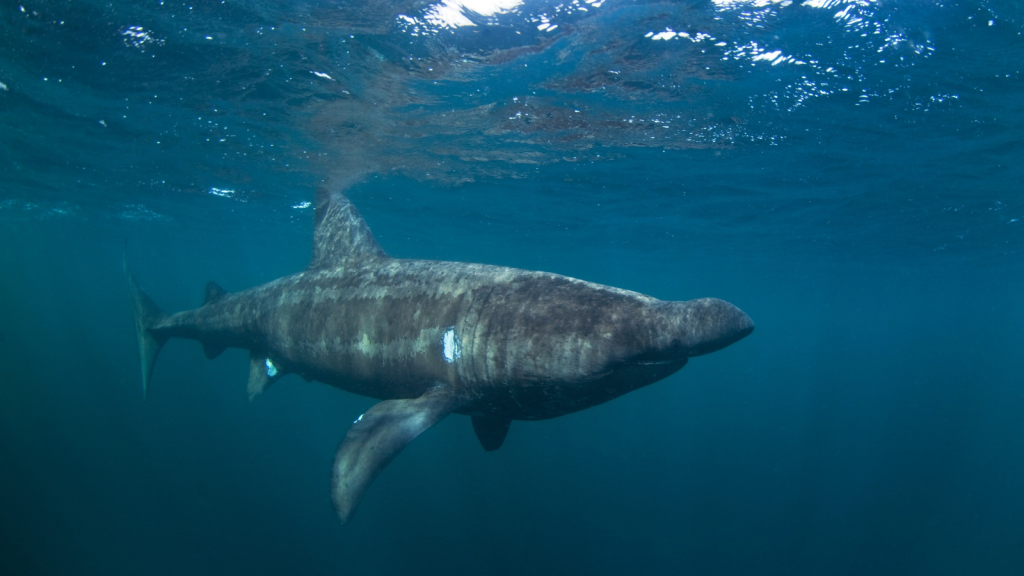
For many years, scientists were baffled by the disappearance of basking sharks during winter months. Recent research has shown that they don’t hibernate as once thought, but instead dive to great depths and may even cross the equator in search of plankton blooms. Some individuals have been tracked diving to depths of over 1,000 meters, where they may spend months at a time.
Unique Courtship
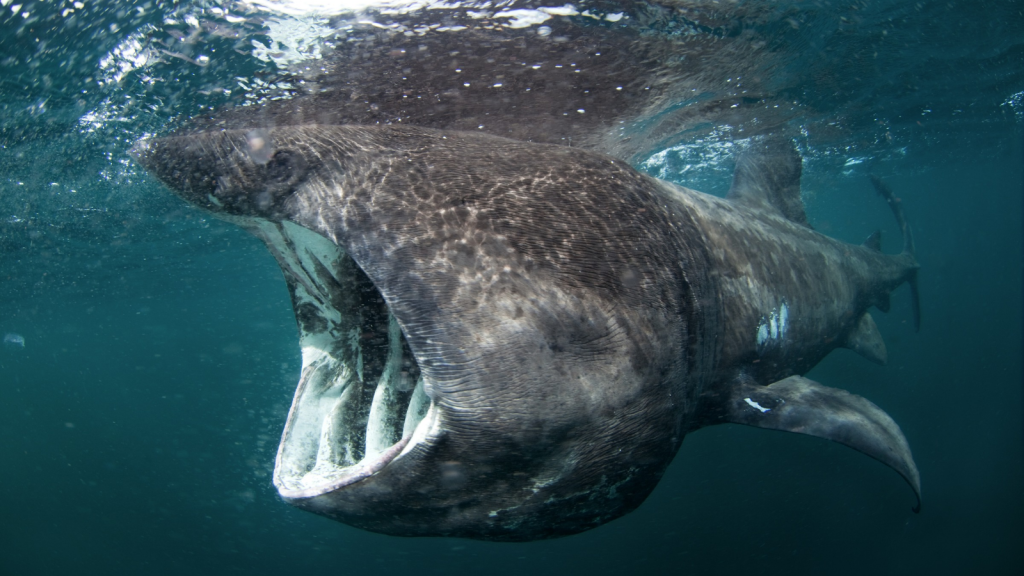
Little is known about basking shark reproduction, but researchers have observed intriguing courtship behavior. Males have been seen circling females and even gently biting their fins. These behaviors may help the sharks assess potential mates. Mating is thought to occur in shallow coastal waters, but actual mating events have rarely been observed in the wild.
Thermoregulation Experts
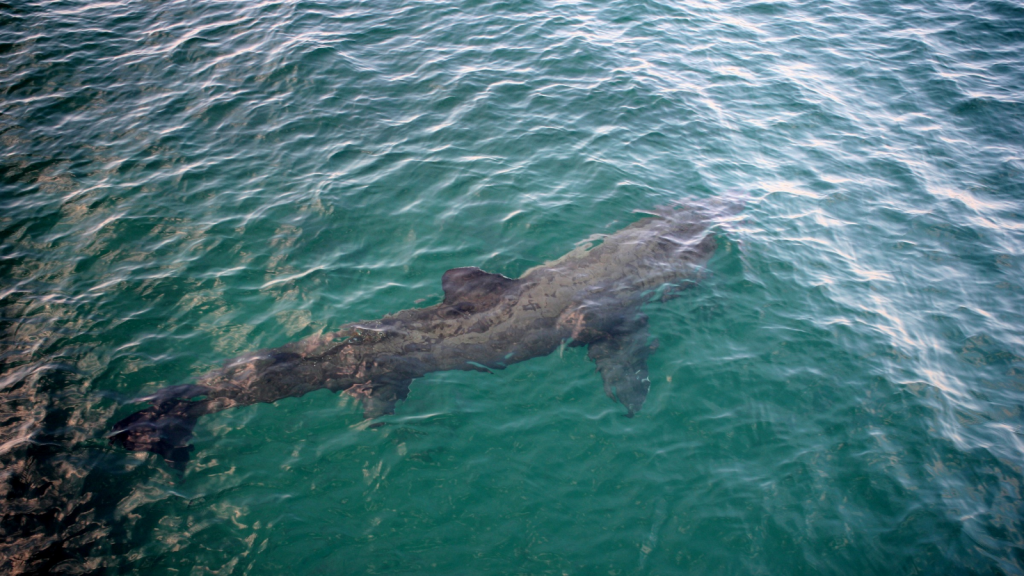
Unlike many other shark species, basking sharks can regulate their body temperature. They’ve been observed basking in surface waters to warm up, then diving to cooler depths to feed. This ability allows them to exploit food sources in a wide range of temperatures. This adaptation enables basking sharks to maintain an internal body temperature several degrees above the surrounding water, enhancing their ability to digest food and swim efficiently.
Threatened Status
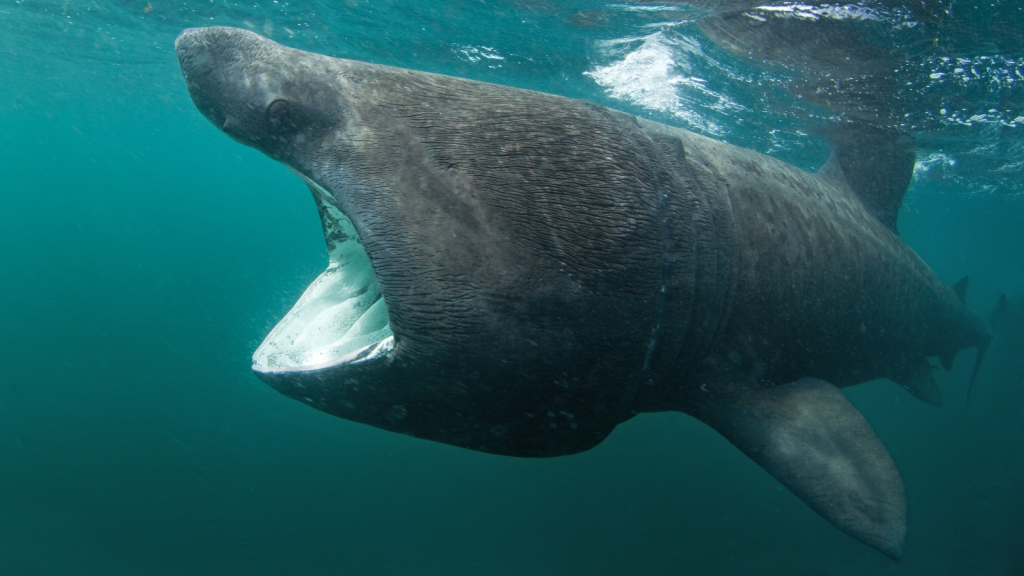
Despite their size, basking sharks face numerous threats. They’re classified as endangered by the International Union for Conservation of Nature (IUCN). Historically hunted for their liver oil and fins, they now face challenges from accidental entanglement in fishing gear and collisions with boats. In the UK, basking sharks are protected under the Wildlife and Countryside Act, making it illegal to disturb, harm, or kill them.
Sluggish Swimmers
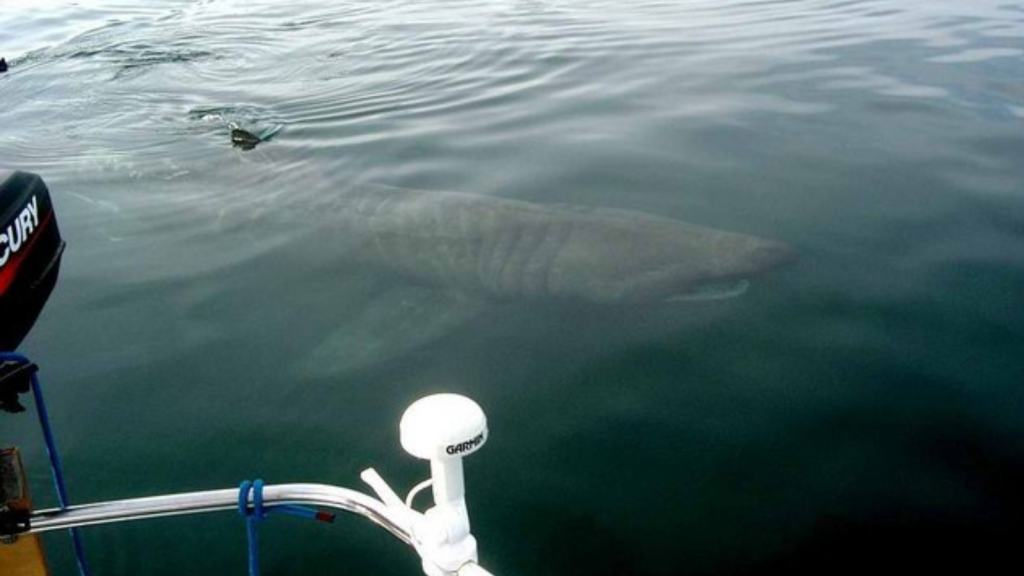
Basking sharks are among the slowest swimming sharks, typically cruising at about 4 kilometers per hour. This slow speed makes them vulnerable to boat strikes. However, they can reach burst speeds of up to 10 kilometers per hour when startled. Their slow swimming speed is an adaptation to their filter-feeding lifestyle, allowing them to efficiently sieve plankton from the water as they move.
Plankton Detectors
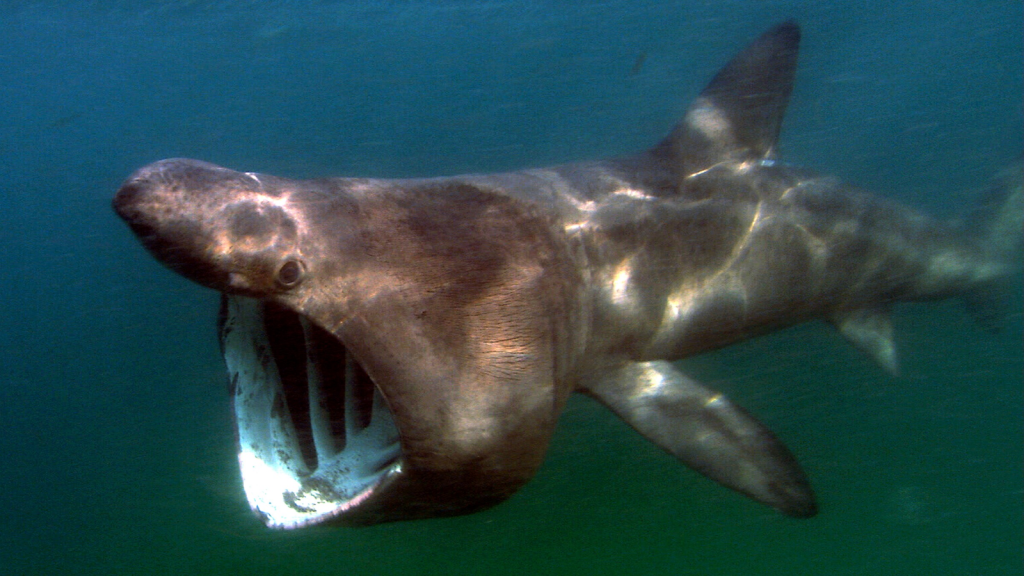
These sharks have an incredible ability to detect minute concentrations of plankton in the water. They use special sensory organs to locate areas rich in their preferred food. This allows them to efficiently find and exploit productive feeding grounds, even in the vast expanse of the open ocean. Basking sharks can detect changes in water temperature as small as 0.1°C, helping them locate the thermal fronts where plankton tends to concentrate.

